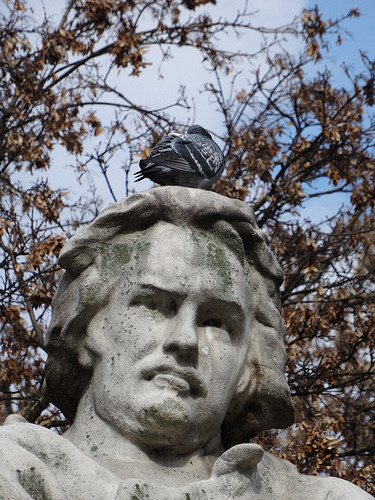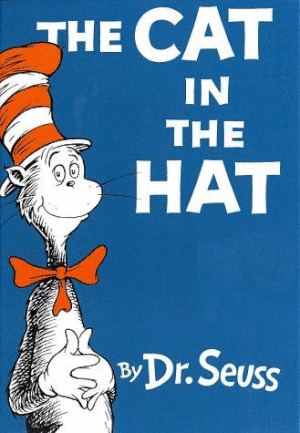Carl Hoffman was doing research for his book, Savage Harvest, which was about the disappearance of Michael Rockefeller, in New Guinea, in 1961. He made two trips to New Guinea and spent several months there living with former headhunters in a small village that could only be reached by boat.
It was on these trips that the story of Bruno Manser became known to him. In 1984 Bruno had left his life as a sheepherder, to avoid Switzerland’s mandatory draft, and had gone to Borneo where he wanted to meet the indigenous Penan nomads. He learned their language, hunted with them using a blowpipe, and lived with them.
Money was not a motivator for Bruno because he was looking for something to make a difference in his life. He found something that mattered to him, when he found the Penan, and saw the threat that the logging industry efforts to clear-cut and destroy their lands was, to their culture and lives.
He taught the Penan to resist the loggers, but what fascinated the author most was how their efforts to do so were seen and embraced around the world. Unfortunately, the forests are now mostly gone, and Bruno eventually just walked into the forests and disappeared.
Hoffman was just learning about Bruno during a visit to Bali, when he met an American named Michael Palmieri. Michael was older than Bruno, had left America also to avoid the draft, and he too had migrated to the rain-forests of Borneo. Both were stories that Hoffman felt he should follow. Both were looks at Borneo, and how two people had seen it as a destination where the primitive culture of an unconquered people could help them fulfill their own dreams and escape their own past cultures.
Michael’s story makes up the other half of this book. Michael learned quickly and understood what had value in the art and scared items. He was willing to go deep into the country, and if needed go alone. He knew the language and gained trust among the people.
Other traders had not sought out the old wooden carvings, but he was one of the first to understand their value. Even though art was part of the peoples lives, he was patient and built relationships, which lead to much success.
Beginning in 1974 he made over 150 trips in and out of the country, loading up each time with art and native crafts, and then selling all that he had. He had bought from the source, knew his art, and much of it made it into the world’s greatest museums. Michael told Hoffman that he had met Bruno once in 1999 in Borneo.
Bruno cared deeply about the people he found and devoted his life to helping them. Michael spent his life trading in the Dayak’s art, he loved the art, and made a fortune. Perhaps they were two halves of the same whole-Both obsessed with Borneo’s people and their cultures.








































































